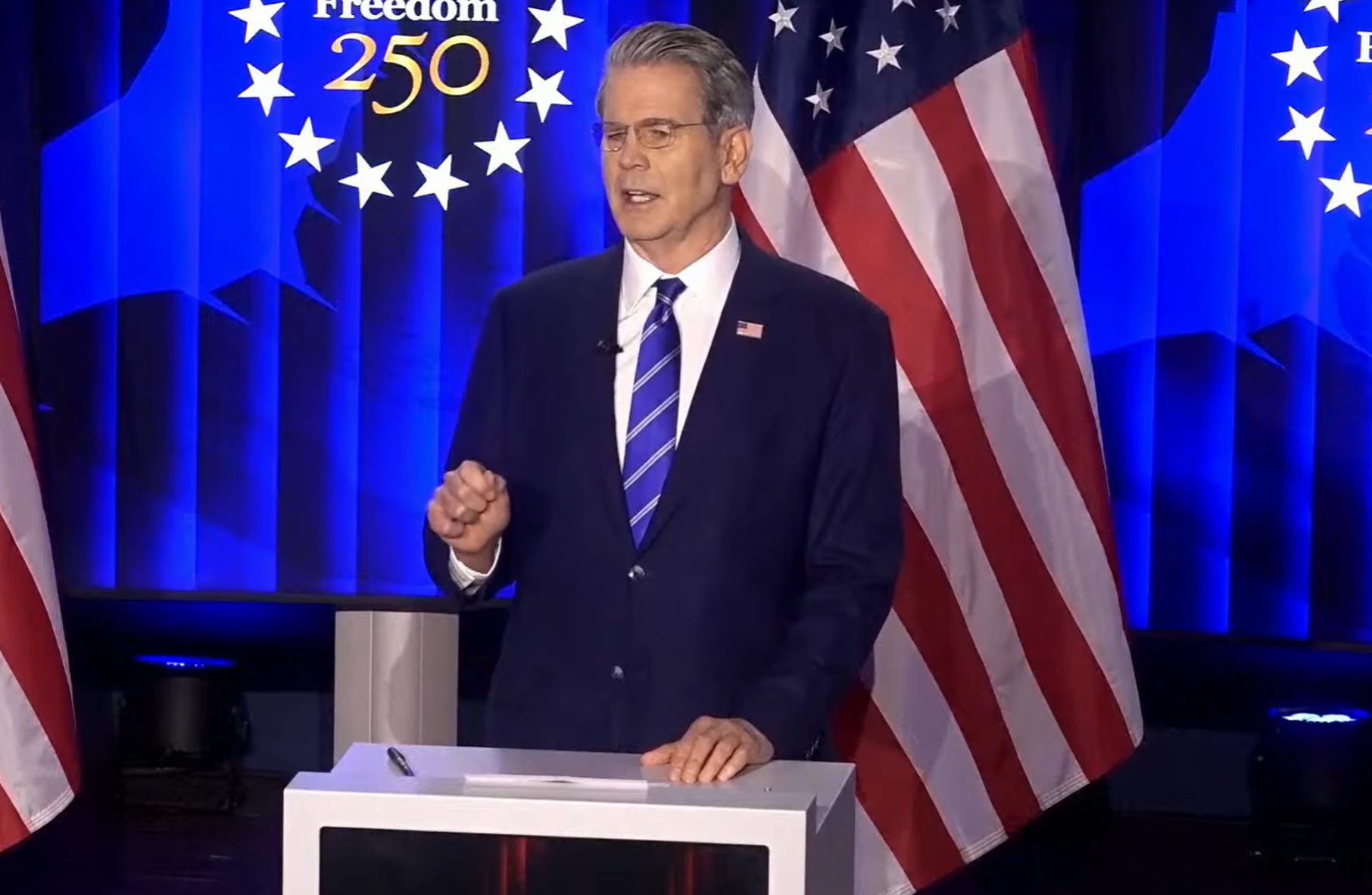State regulators in Massachusetts and others around the country are taking a close look at virtual currencies as bitcoin continues to grow in popularity.
“We will be trying to come up with a model law or regulations states can use,” said David Cotney, commissioner of the Massachusetts Division of Banks and chairman of the Emerging Payments Task Force. “This has gotten a lot of attention, and we want to make sure when we act, we get it right.”
The task force is made up of nine state regulators from around the country, and will look at everything from bitcoin to mobile payments.
Last week though, the task force held a hearing on bitcoin and other virtual currencies, hearing testimony from bitcoin companies and regulators, include Barbara Anthony, undersecretary of the Massachusetts Office of Consumer Affairs and Business Regulation.
Anthony said one of the key issues is that average consumers may be interested in bitcoin, but are not aware of some of the risks.
“Consumers and average consumers need to know that there are certain drawbacks to trading in a virtual currency,” Anthony said. “The kinds of consumer protections that we're used to, people have to understand they are not available to virtual currencies.”
Things consumers should be aware of about bitcoin, Anthony said, include volatile worth and the fact there is no central authority that guarantees bitcoin's worth.
“You could buy $100 worth of bitcoin right now and over a period of time that value is not going to be $100,” Anthony said.
Cotney said he is not planning on implementing any regulations on bitcoin immediately, but could down the road.
“We will certainly be looking at the efforts of this task force to help guide us,” Cotney said.
Kyle Powers, co-founder of Liberty Teller, a company that makes bitcoin ATMs, said proper regulation will help carve out a place for the currency.
“Updated and streamlined regulations would help us grow our small business and would help Massachusetts maintain its leadership role in bitcoin,” Powers said. “Bitcoin's biggest hurdle is educational, not technical. We work tirelessly everyday to increase access to and awareness of bitcoin, so we are on the same team when it comes to educating consumers.”
Bitcoin had a busy week in the Boston area. Liberty Teller became one of the finalists for startup accelerator MassChallenge. And Circle Internet Financial, also based in Boston, announced its product, which aims to make bitcoin more accessible to consumers.
————————
Copyright 2014 – Boston Herald
Thanks for reading CPA Practice Advisor!
Subscribe Already registered? Log In
Need more information? Read the FAQs
Tags: Financial Planning, Taxes



